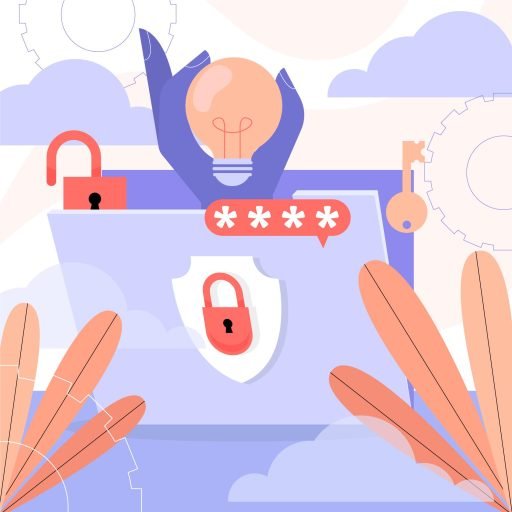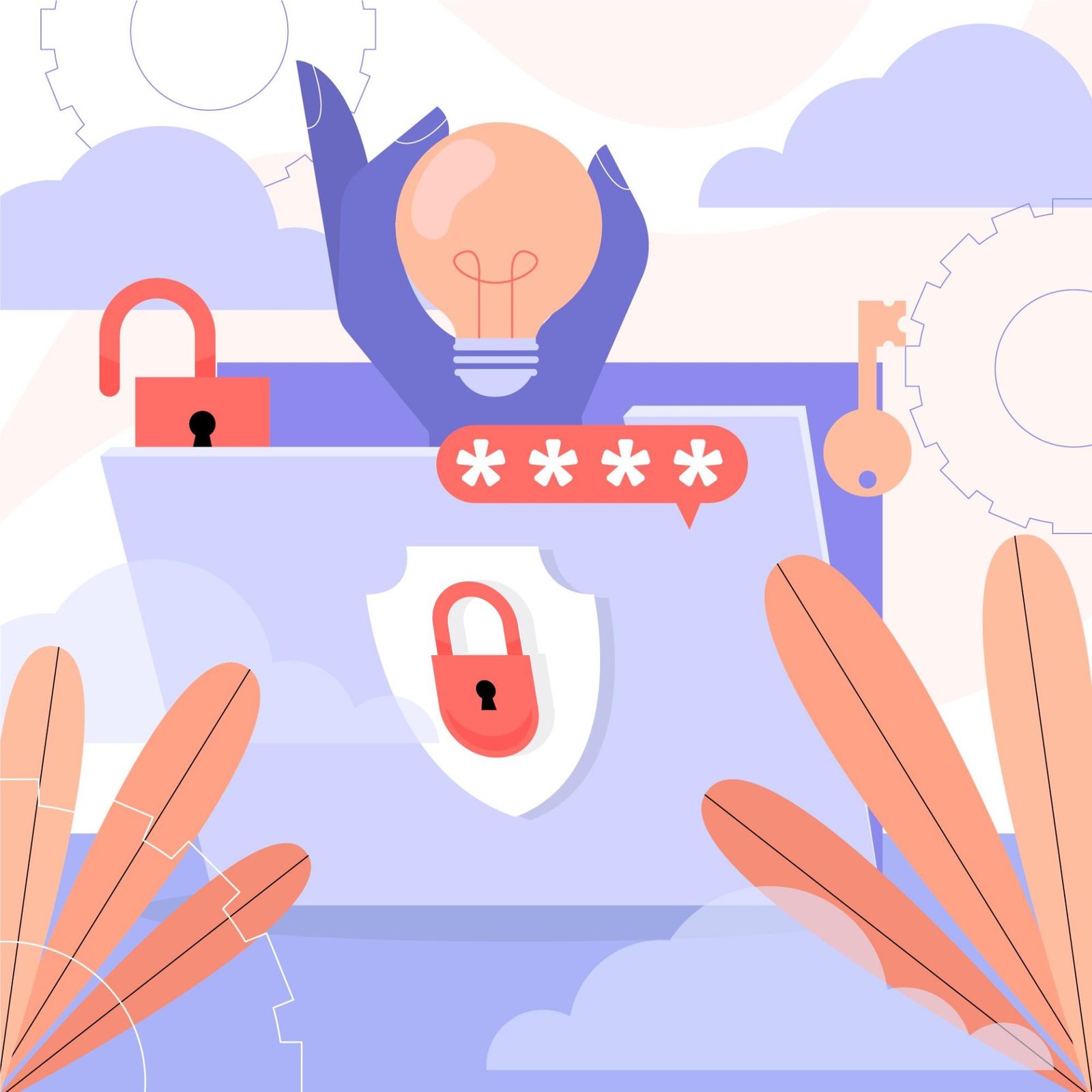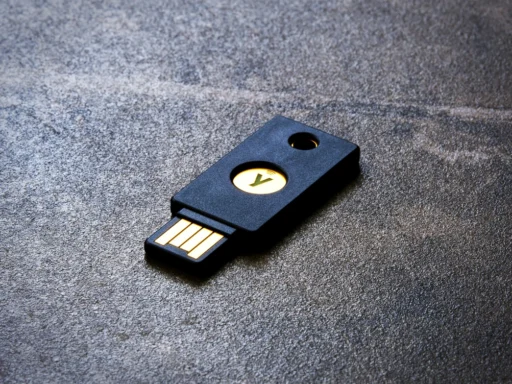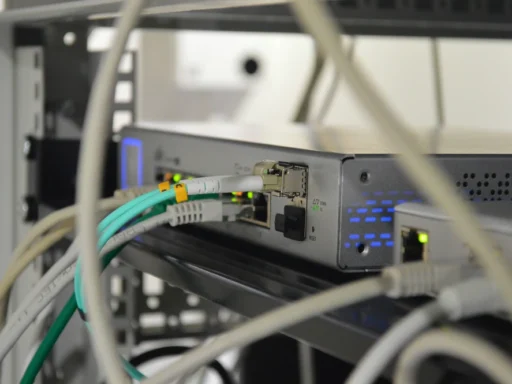Learning cybersecurity can be an exciting yet challenging journey. The field is vast, constantly evolving, and often involves complex concepts that can be difficult to master. Whether you’re just starting out or advancing your skills, staying motivated through the ups and downs is crucial for success. This article offers practical tips and tricks to help you maintain motivation, overcome common challenges, and stay on track as you progress in your cybersecurity learning journey.
1. Set Clear, Achievable Goals
Setting clear, realistic goals is the foundation of staying motivated in any learning endeavor, and cybersecurity is no exception. Goals give you a sense of direction and purpose, helping you focus your efforts and measure your progress.
How to Set Effective Goals:
- Break It Down: Instead of aiming to “learn cybersecurity,” break your goal down into smaller, more specific objectives, such as “complete a course on network security” or “achieve a CompTIA Security+ certification.”
- Set SMART Goals: Ensure your goals are Specific, Measurable, Achievable, Relevant, and Time-bound. For example, “Study for one hour each day to complete the Cybersecurity Basics course by the end of the month.”
- Celebrate Milestones: Acknowledge and celebrate when you achieve a milestone, no matter how small. This positive reinforcement can boost your motivation and keep you moving forward.
Next Steps: Write down your goals and create a timeline for achieving them. Regularly review and adjust your goals as you progress to stay aligned with your overall learning objectives.
2. Create a Structured Learning Plan
A structured learning plan can help you stay organized and focused, making it easier to tackle complex topics without feeling overwhelmed. By breaking down your study sessions into manageable chunks, you can maintain a steady pace and avoid burnout.
How to Structure Your Learning:
- Daily or Weekly Schedule: Dedicate specific times each day or week to studying cybersecurity. Consistency is key to making steady progress.
- Prioritize Topics: Identify which topics are most important or challenging for you and prioritize them in your study plan. This ensures that you’re focusing your energy on the areas that need the most attention.
- Use a Variety of Resources: Mix up your learning materials to keep things interesting. Combine reading, watching videos, taking online courses, and practicing hands-on skills.
Next Steps: Develop a study schedule that fits your lifestyle and stick to it. Use tools like calendars or productivity apps to help you stay on track and manage your time effectively.
3. Find a Study Group or Community
Learning cybersecurity doesn’t have to be a solitary endeavor. Joining a study group or participating in a community of like-minded learners can provide support, encouragement, and motivation.
Benefits of Study Groups:
- Peer Support: Study groups allow you to connect with others who are facing similar challenges. Sharing experiences and solutions can be incredibly motivating.
- Accountability: Being part of a group can help keep you accountable. When others are expecting you to show up and contribute, you’re more likely to stay committed to your studies.
- Collaborative Learning: Working with others can enhance your understanding of complex topics. Explaining concepts to peers or discussing different perspectives can deepen your knowledge.
Next Steps: Look for online forums, local meetups, or social media groups focused on cybersecurity. Platforms like Reddit’s r/cybersecurity or Discord communities dedicated to cybersecurity are great places to start.
4. Apply What You Learn
One of the most effective ways to stay motivated is to apply what you’re learning in real-world scenarios. Practical application reinforces your knowledge, makes learning more engaging, and helps you see the relevance of what you’re studying.
How to Apply Your Knowledge:
- Set Up a Home Lab: Create a virtual lab environment where you can practice cybersecurity skills. Tools like VirtualBox, VMWare, and Kali Linux can help you simulate real-world scenarios.
- Participate in Capture the Flag (CTF) Challenges: CTF competitions provide a fun and challenging way to apply your cybersecurity skills in a competitive environment. Websites like TryHackMe and Hack The Box offer beginner-friendly challenges.
- Volunteer for Projects: Offer to help with cybersecurity tasks at your workplace or in a volunteer capacity. Real-world experience is invaluable and can boost your confidence and motivation.
Next Steps: Start small by setting up a basic home lab or participating in a beginner-level CTF challenge. Gradually take on more complex projects as your skills improve.
5. Take Breaks and Manage Stress
Studying cybersecurity can be intense, especially when tackling difficult topics. It’s important to manage stress and avoid burnout by taking regular breaks and practicing self-care.
Tips for Managing Stress:
- Follow the Pomodoro Technique: Study in short, focused bursts (25 minutes) followed by a short break (5 minutes). This technique can improve focus and prevent fatigue.
- Practice Mindfulness or Meditation: Incorporating mindfulness exercises or meditation into your routine can help reduce stress and improve concentration.
- Get Regular Exercise: Physical activity is a great way to relieve stress and keep your mind sharp. Even a short walk can help clear your head and reset your focus.
Next Steps: Experiment with different stress management techniques to find what works best for you. Incorporate these practices into your daily routine to maintain a healthy balance between studying and relaxation.
6. Stay Inspired by the Big Picture
Remembering why you’re learning cybersecurity can help you stay motivated during challenging times. Whether it’s the prospect of a rewarding career, the desire to protect others from cyber threats, or the excitement of solving complex problems, keeping the big picture in mind can drive you forward.
How to Stay Inspired:
- Visualize Your Success: Picture where you want to be in a year, five years, or ten years. Imagine the impact you could have in the field of cybersecurity.
- Follow Industry Leaders: Stay inspired by following cybersecurity experts and thought leaders on social media, blogs, or podcasts. Their insights and experiences can provide valuable motivation.
- Set Long-Term Goals: In addition to short-term objectives, set long-term goals that align with your passion and career aspirations. This can help you stay focused on your overall journey.
Next Steps: Write down your long-term goals and place them somewhere visible, such as your study space. Regularly remind yourself of these goals to stay motivated and maintain perspective.
Conclusion
Learning cybersecurity is a challenging but rewarding journey that requires persistence, dedication, and motivation. By setting clear goals, creating a structured learning plan, engaging with a community, applying your knowledge, managing stress, and staying inspired by the big picture, you can overcome obstacles and maintain your momentum. Remember, every step you take brings you closer to mastering cybersecurity and achieving your career aspirations.
Call to Action: Start implementing these tips today to boost your motivation and stay on track with your cybersecurity learning journey. Remember, progress is progress, no matter how small, and staying motivated is key to long-term success.












